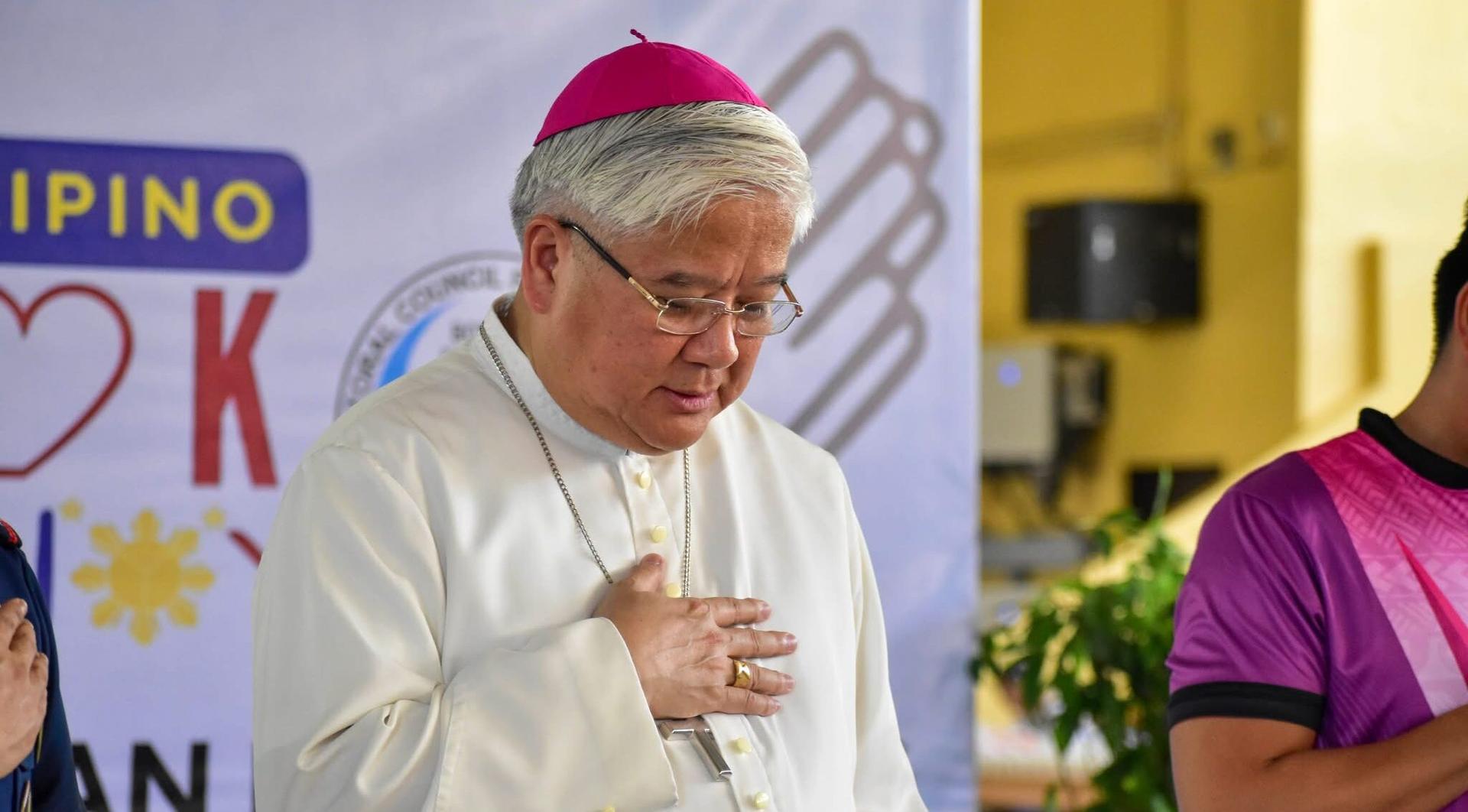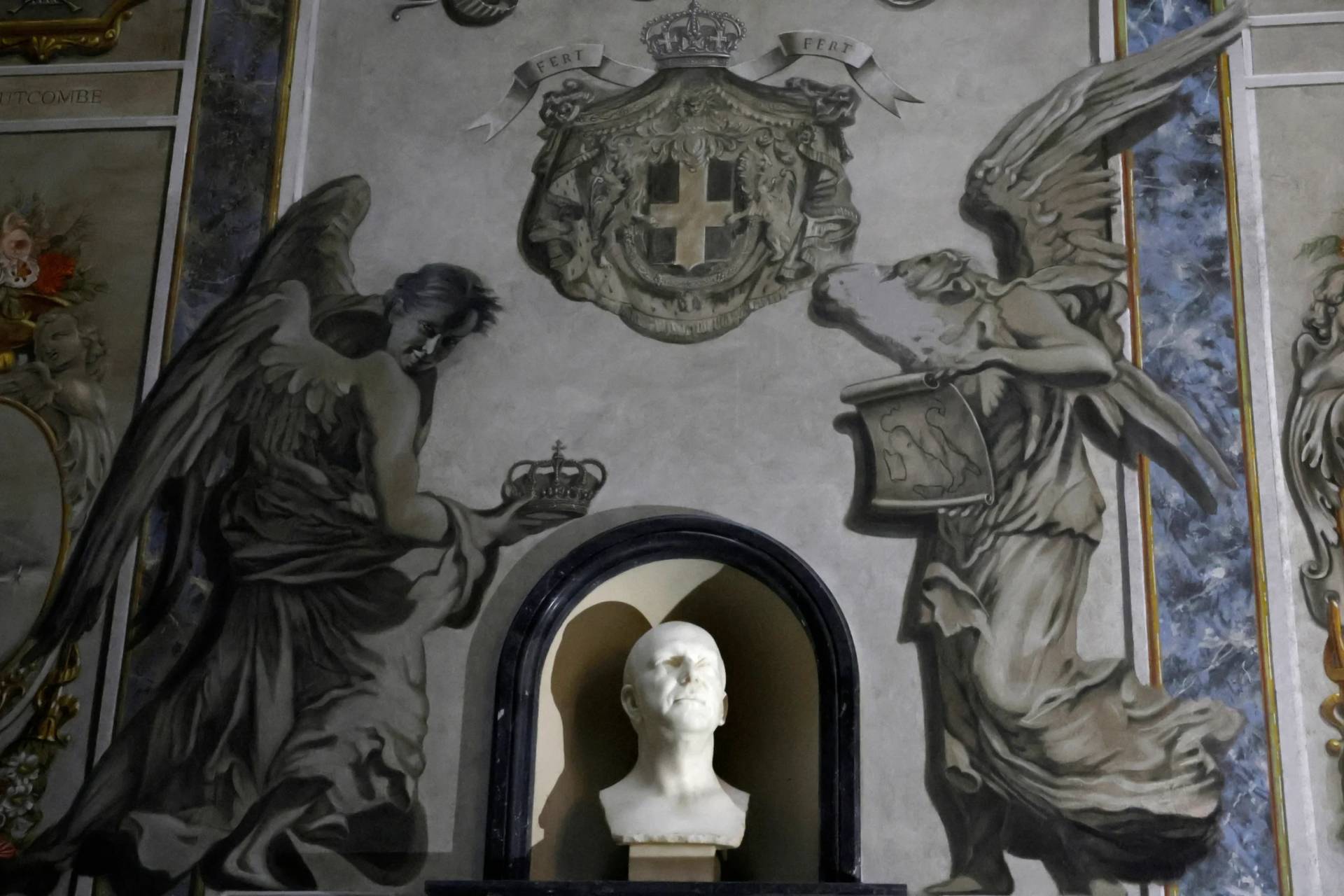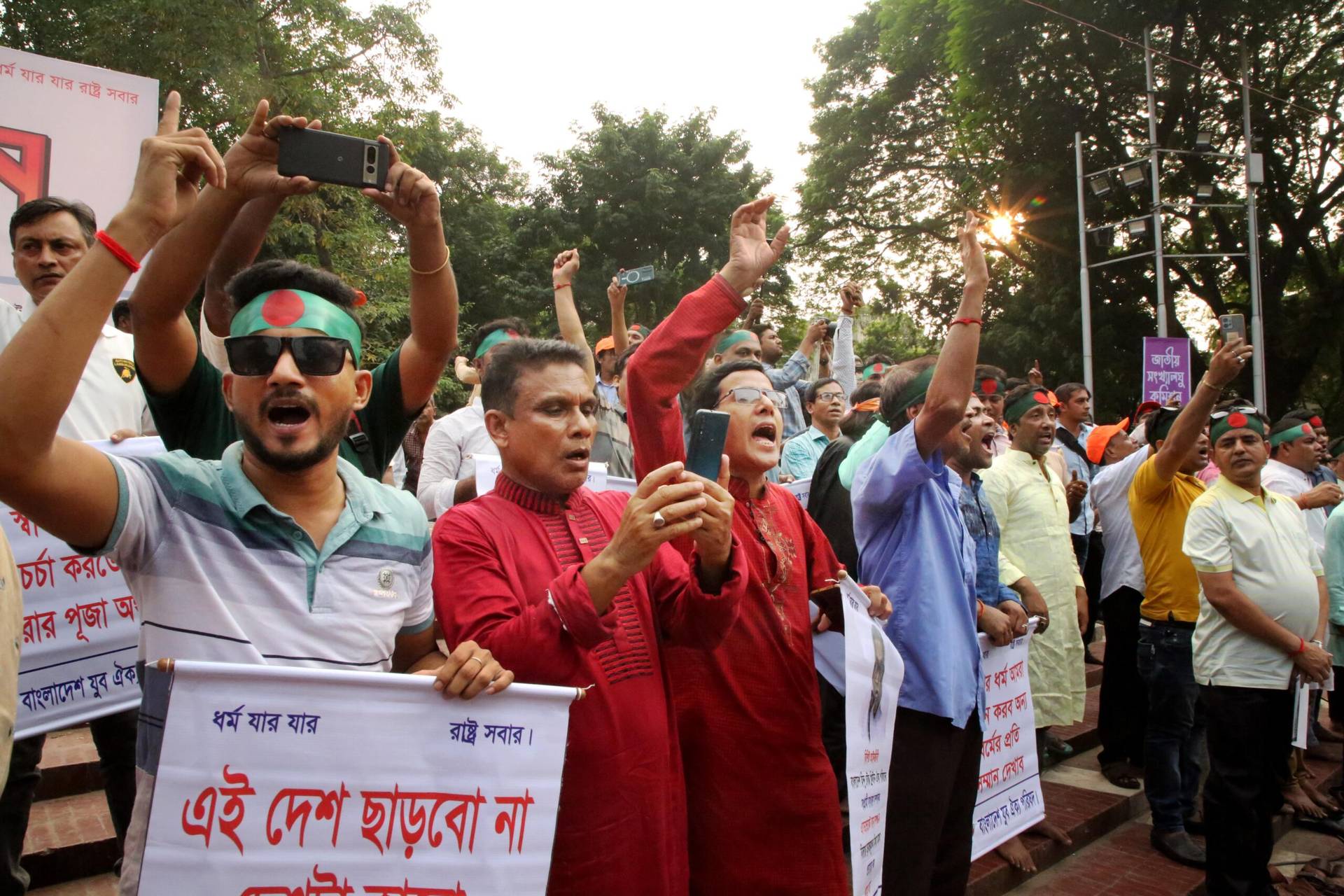MANILA, Philippines – Filipino Catholic bishops criticized vote buying and election-related violence after the 2025 midterm elections, and called for vigilance in building “the dream of a new politics” in the country.
“The people have spoken, but it was not a perfect discourse. Money tainted it. Blood stained it. It was blotted by lies. It was colored with vulgarity,” said Lingayen-Dagupan Archbishop Socrates Villegas in a statement after Monday’s elections.
“Really and truly, no elections are perfect. We keep on hoping. We have leveled up a bit, but the mountain peak is still far from sight,” Villegas said.
Villegas, 64, is one of the Philippines’ most popular Catholic bishops. From the mid-1980s and throughout the 1990s, he served as private secretary to Cardinal Jaime Sin, the politically influential Manila archbishop who aided the downfall of dictator Ferdinand E. Marcos in 1986.
From 2013 until 2017, he was the president of the Catholic Bishops’ Conference of the Philippines, making him one of the first critics of Rodrigo Duterte’s war on drugs in 2016.
Villegas, who has advocated for good governance through the years, emphasized that good citizenry “is not just about elections and ballots.”
“In between elections, our duty is vigilance. Let us hold the elected officials accountable all the time. We owe them civil obedience but have a duty to criticize them so they can be better. We are their bosses, and they are not our masters. We spoke through the ballot,” the archbishop told Filipino Catholics on Tuesday.
He urged them to “be critical” to improve government services, and to “be vigilant” to ensure that campaign funds do not come from corruption. He said these efforts are crucial ahead of the country’s next elections in May 2028, when Filipinos will choose their next president.
“We need a new breed of heroes and saints in politics from our youth. It is a long three years yet to the next elections, but the dream of a new politics will take many more elections to reach. Clean, moral, and ethical politics is a daily chore for both the government and the governed. It is not just a task for election day,” Villegas said.
Bishop Ruperto Santos of Antipolo said Filipinos who “bought” or tricked their neighbors, and violated their rights as voters, should change their ways.
“If we, through our words and actions in the recent 2025 elections, did not bring honor to His glorious name, let us now repent and promise that this will never happen again in our lives,” Santos said.
The midterm elections saw Filipino politicians competing for 18,320 national and local positions in one of Asia’s most vibrant democracies. Around 68.4 million Filipinos, out of a total population of 109 million, were eligible to vote.
The most important positions at stake were the slots for 12 nationally elected senators, who comprise the upper chamber in the country’s bicameral Congress. The Philippine Senate is a powerful body of 24 senators — 12 of whom were elected in the previous elections — who act as checks and balances of the President and Vice President.
The Senate is soon expected to preside over the impeachment trial of Vice President Sara Duterte, who faces corruption charges and whose father, former president Duterte, is detained at The Hague for crimes against humanity.
This has made Monday’s senatorial election critical, because the political leanings of the winning senators will decide whether the Senate will vote to oust the Vice President. The latest unofficial tally shows that the 12 senatorial winners are a mix of those who support Duterte and her former ally, President Ferdinand Marcos Jr.
Groups of Catholic bishops, priests, religious, and laypersons are among those pushing for the Vice President’s removal from office.
Caritas Philippines, the social action arm of the Catholic Bishops’ Conference of the Philippines, is one of the groups that have called on the Senate to “act swiftly and decisively” on Duterte’s impeachment.
In its own post-election statement on Tuesday, Caritas Philippines did not directly refer to any specific political context, but instead commended Filipinos “for their active participation” in the recent polls.
“The early results of the senatorial race reflect a vibrant and diverse political engagement. It is particularly heartening to observe a relatively high voter turnout and the strong presence of the youth vote — an indication of a new generation stepping forward to shape the nation’s future,” said the president of Caritas Philippines, Bishop Jose Colin Bagaforo of Kidapawan.
It was a sign not only of “a growing political consciousness,” but also of “a demand for accountability, integrity, and change,” Bagaforo said.
The prelate pointed out the persistent problem of political dynasties in the Philippines, with politicians from the same families taking turns in public office.
Two of the country’s most deeply rooted political clans are the Marcos and Duterte families.
“Let us not retreat into silence after the ballots are counted,” he added. “Let us remain engaged — amplifying our voices to call for genuine servant-leadership, the eradication of corruption, the dismantling of entrenched political dynasties, and the defense of truth in the face of disinformation.”
“The work of democracy does not end on election day. It begins anew — with every citizen, every leader, and every choice we make moving forward,” the bishop said.















